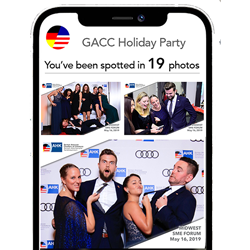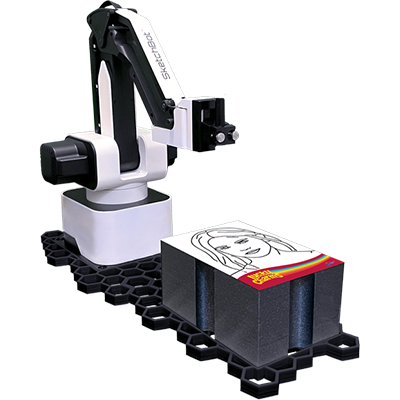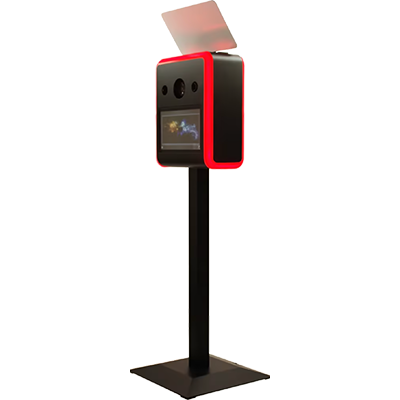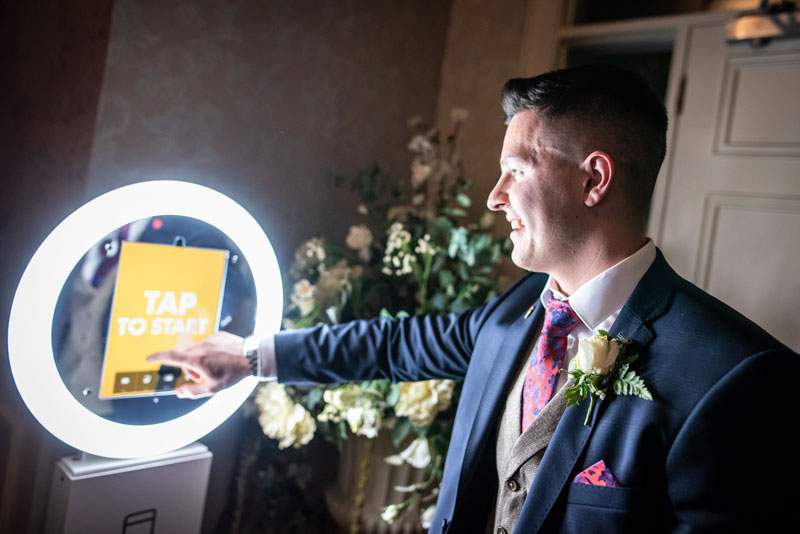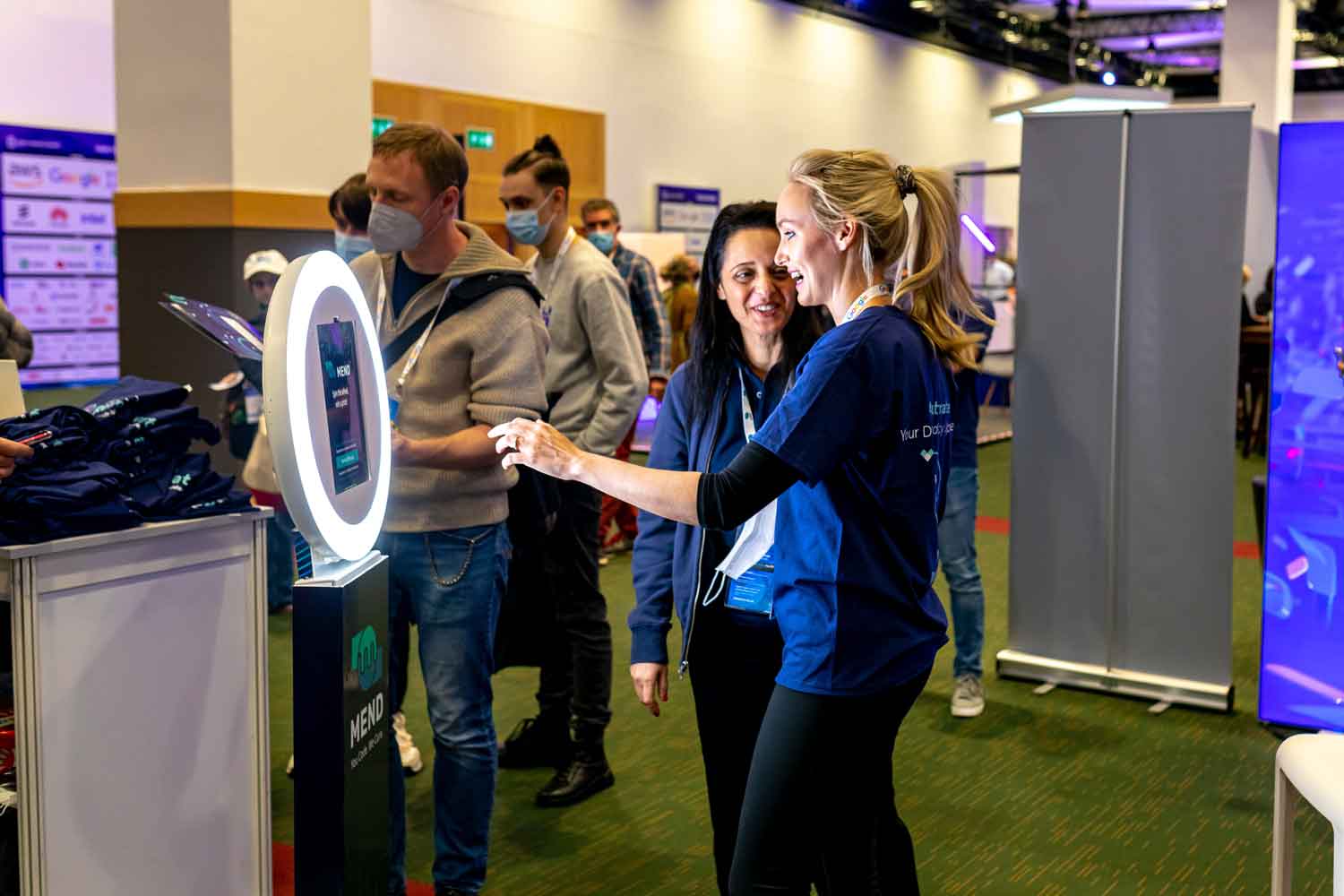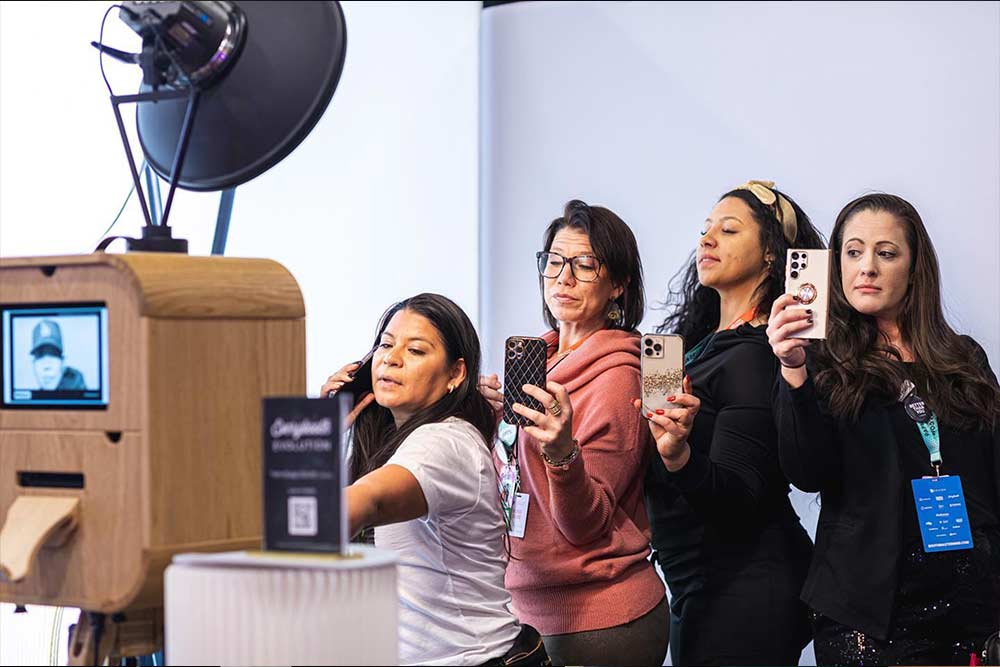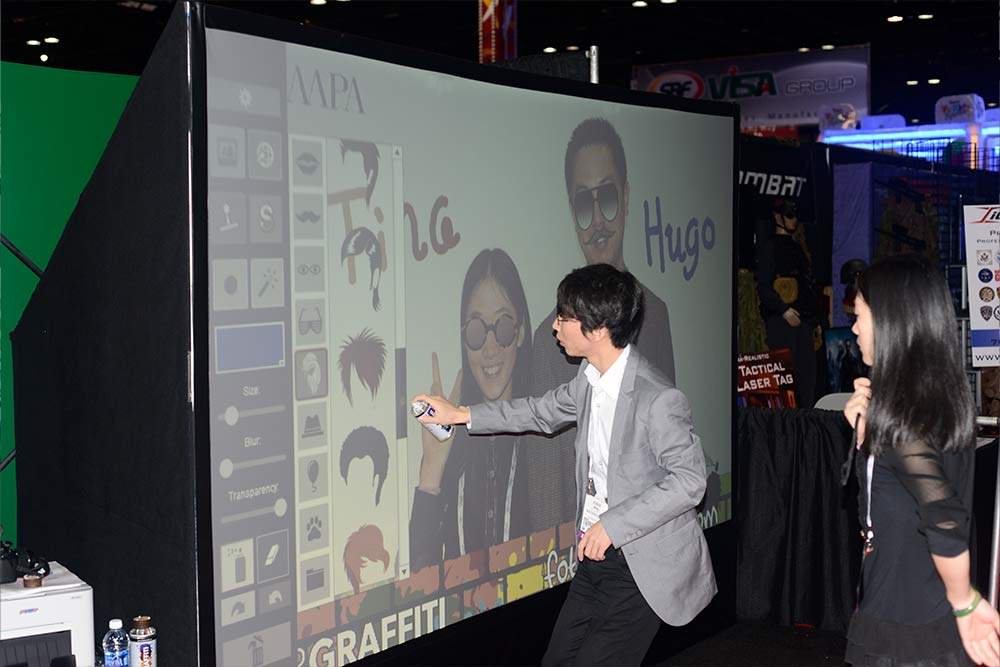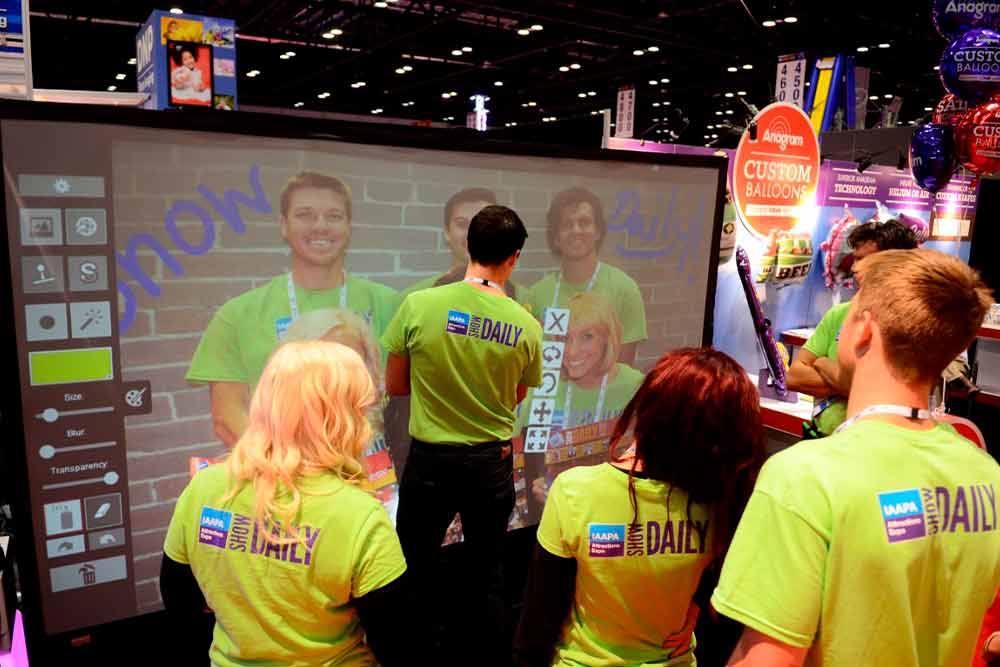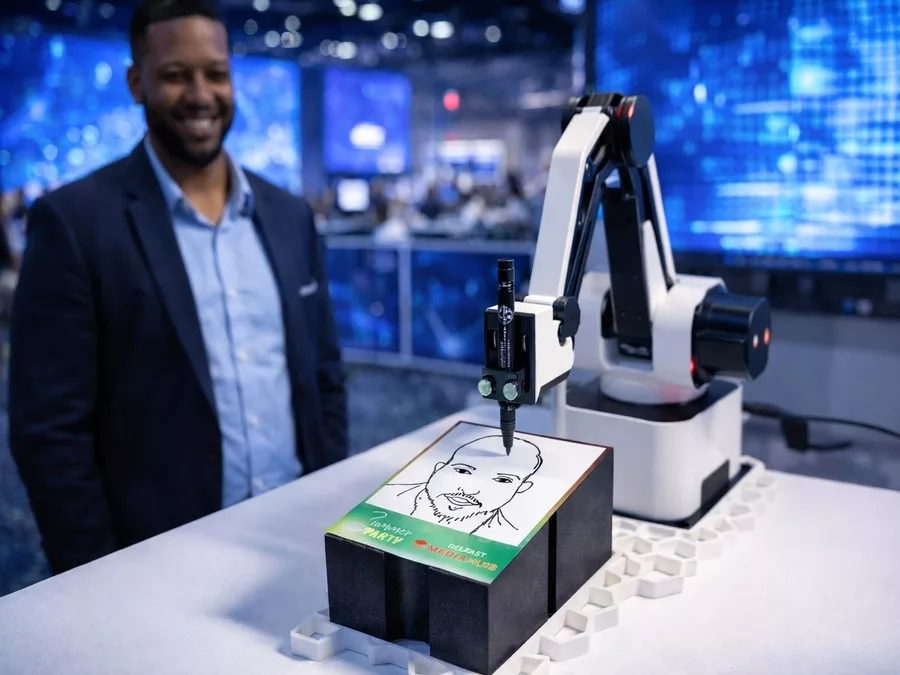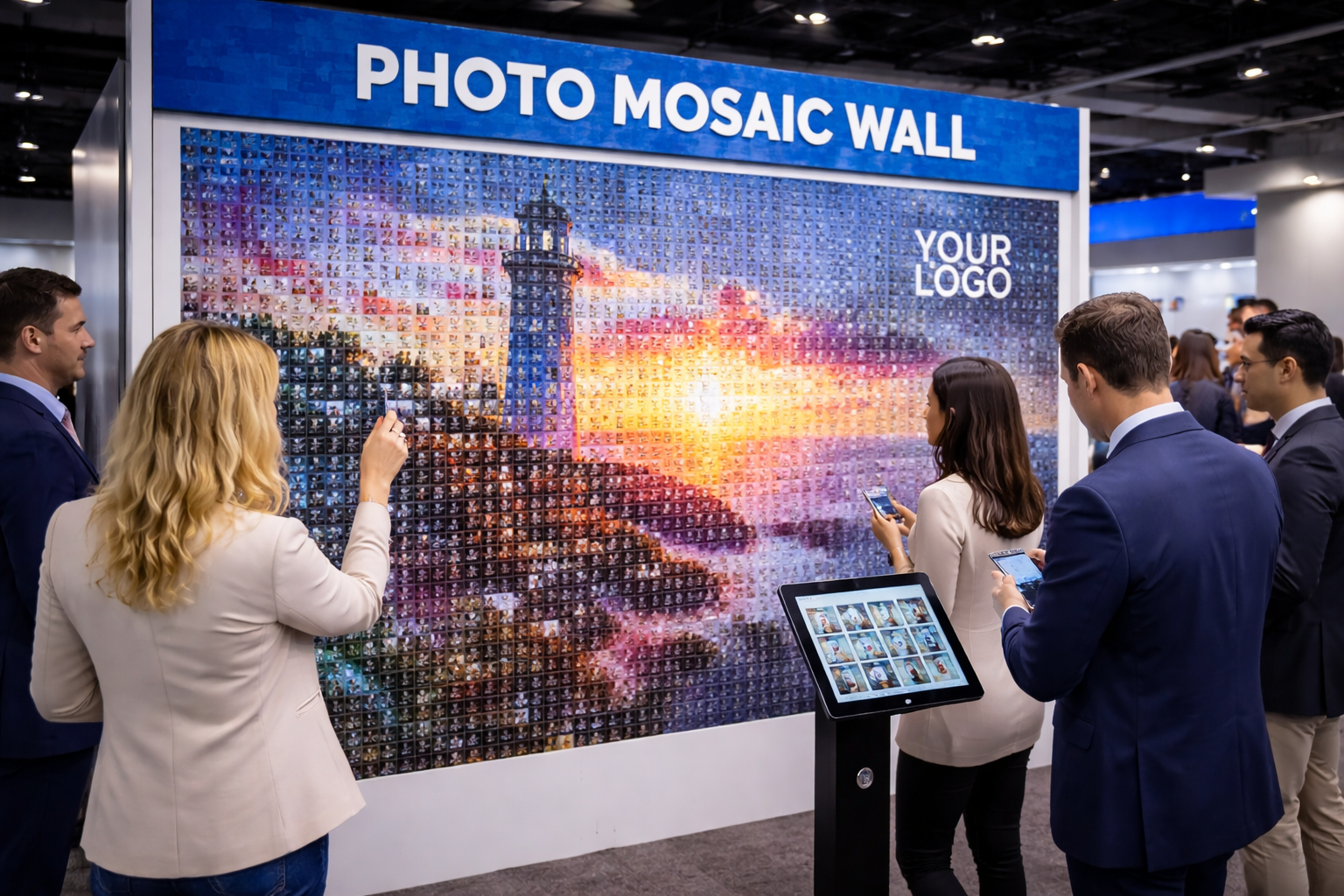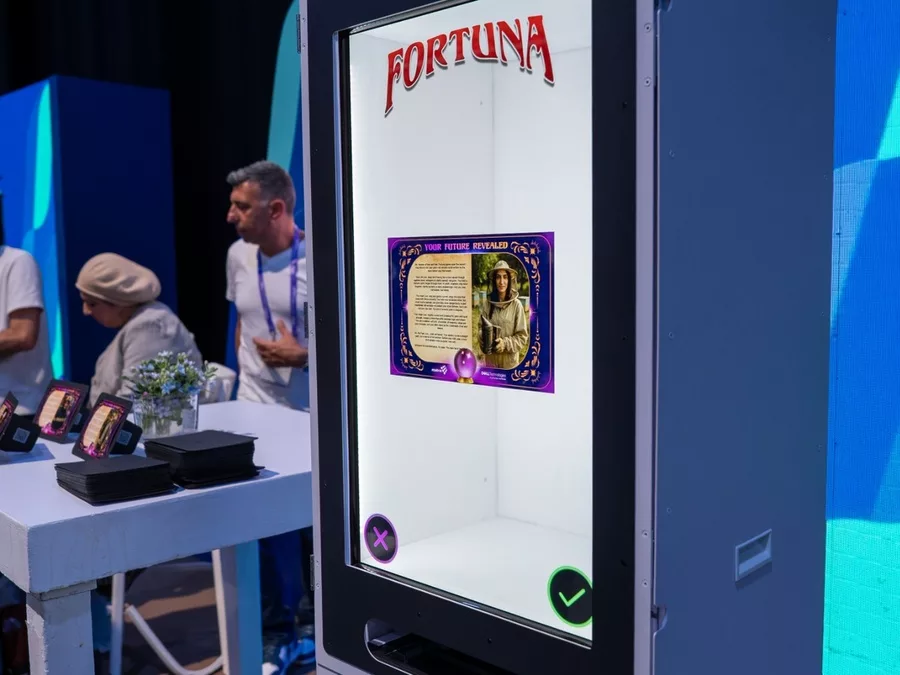Embracing Innovations to Enhance Event Experiences
Event technology has evolved significantly over the years, transforming how events are planned, executed, and experienced. From the early days of basic digital tools to the sophisticated technology available today, this evolution has revolutionized the industry. In this comprehensive blog post, I will share my personal journey with event technology, highlight practical scenarios in corporate events, weddings, and social events.
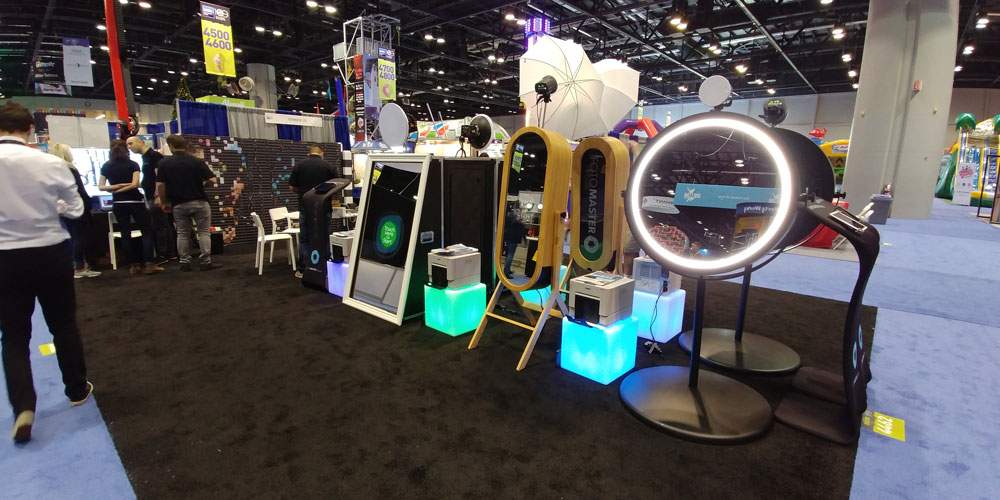
The Early Days of Event Technology
In the early stages of my event planning career, technology was relatively basic. Tools like simple spreadsheets and email were the primary means of managing events. These methods, while functional, were time-consuming and prone to human error. For instance, coordinating a corporate conference involved manually tracking RSVPs, sending follow-up emails, and creating printed schedules and brochures. The process was labor-intensive and lacked real-time capabilities.
Introduction of Digital Solutions
The introduction of digital solutions marked a significant turning point in event planning. Online registration platforms, event management software, and social media integration such as Facebook and Instagram began to streamline many aspects of event planning. For example, using platforms like Eventbrite allowed for automated registration and ticketing, reducing administrative burdens and improving accuracy.
In a corporate event scenario, these digital tools made it easier to manage large-scale events with hundreds of attendees. Features like automated email reminders, digital check-ins, and online payment processing enhanced efficiency and attendee experience.
The Rise of Mobile Apps
The advent of mobile apps further revolutionized event planning. Mobile event apps provided a centralized platform for attendees to access schedules, speaker bios, maps, and networking opportunities. These apps facilitated real-time updates and engagement, significantly enhancing the attendee experience.
For instance, at a large corporate trade show, an event app could provide push notifications about session start times, changes in the agenda, or special announcements. Attendees could also network through in-app messaging and participate in live polls and Q&A sessions, making the event more interactive and engaging.
Virtual and Hybrid Events
The COVID-19 pandemic accelerated the adoption of virtual and hybrid events. Virtual platforms like Zoom, Microsoft Teams, and Hopin became essential for hosting events online. These platforms offered features such as live streaming, virtual exhibitor booths, and interactive breakout sessions, allowing events to continue despite physical distancing measures.
Hybrid events, combining in-person and virtual elements, have become increasingly popular. For example, a wedding might have a limited number of in-person guests while streaming the ceremony live for friends and family who cannot attend. This approach ensures inclusivity and broadens the event’s reach.
Immersive Technologies: VR and AR
Virtual reality (VR) and augmented reality (AR) are the latest innovations transforming the event industry. These technologies provide immersive experiences that engage attendees in new and exciting ways. VR can create virtual environments for attendees to explore, while AR can enhance real-world settings with interactive digital elements.
In a social event scenario, AR can be used to create interactive photo booths like the MMI Mirror Air and MMI 360 Video Booth , where guests can add digital props and animations to their photos. Photo booths have become a staple at events, offering both entertainment and engagement. VR can provide virtual tours of venues or immersive product demonstrations, enhancing the overall guest experience.
Conclusion
The evolution of event technology has significantly enhanced the planning and execution of events, making them more efficient, engaging, and memorable. From the early days of basic digital tools to the latest innovations in VR and AR, technology continues to shape the event industry. Incorporating photo booths adds both creative and practical value to events, ensuring guests leave with lasting memories.
By embracing new technologies and balancing creativity with practicality, event planners can create exceptional experiences that resonate with attendees and achieve event objectives.



